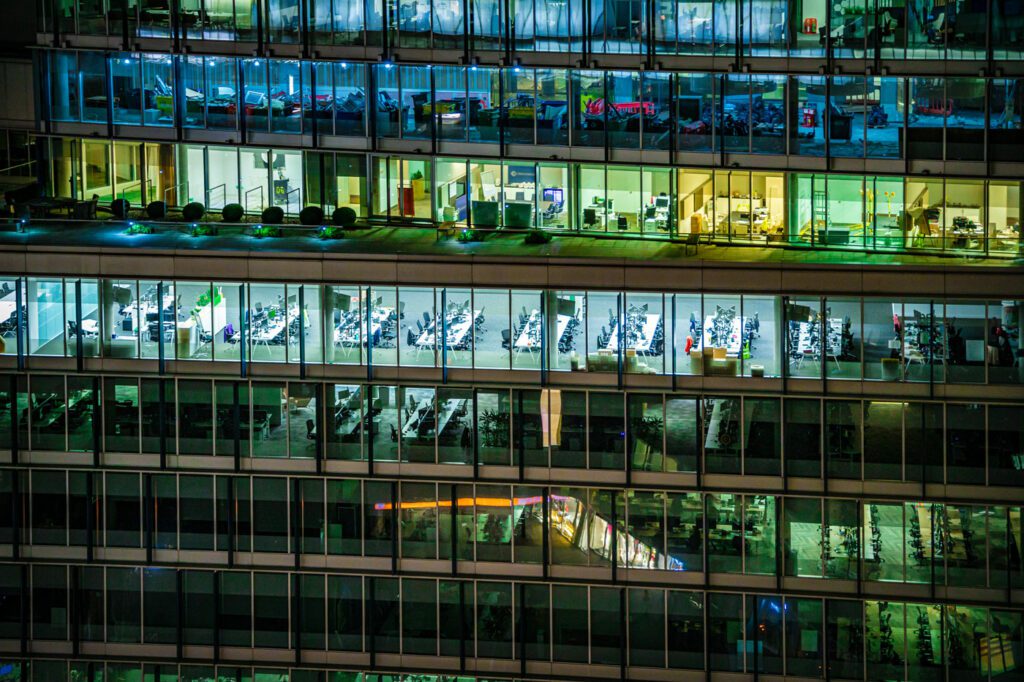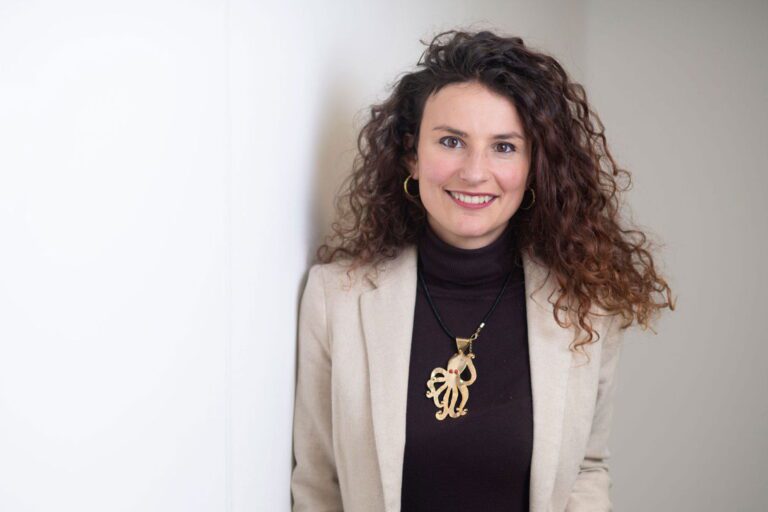Authors
How many times has it happened to you? You watch an amazing movie and then discover that that movie is an adaptation of a book, or to read a book and think that the story could be adapted into a great movie! There are endless examples out there of works being adapted into another form of media[1] and this article sets out what you need to know if thinking about such a project.
But what is the legal position when it comes to the adaptation of a work?
S.21(1) of the Copyright, Designs and Patent Act 1988 (‘CDPA’) states that “the making of an adaptation of the work is an act restricted by the copyright in a literary, dramatic or musical work. For this purpose, an adaptation is made when it is recorded, in writing or otherwise“.
Therefore, doing any of the restricted acts of copyright, as listed in ss. 17-21 of the CDPA[2] (such as copying the work or showing the work in public) in relation to an adaptation of a work, amounts to copyright infringement and the copyright owner has the right to seek relief by way of damages, injunction, account of profits or otherwise.
So, how can I be in the clear?
First, you have to check if the work is protected (or still protected) by copyright.
As a rule, copyright in literary, dramatic, musical or artistic works expires at the end of the period of 70 years from the end of the calendar year in which the author dies[3].
Therefore, if you want to make (yet another!) adaptation of Shakespeare’s “Romeo and Juliet”, then crack on. But if you want to make (yet another!) adaptation of Gabriel García Márquez’s “One Hundred Years of Solitude”, then you will need to wait another 61 years to be in the clear![4]
What if I don’t want to wait and the work is still protected by copyright?
To put it simply, you will have to obtain authorisation from the copyright owner. This is often the answer to many a copyright question and you shouldn’t hesitate to ask for permission as authors are often keen to see their works reach a wider audience.
The reason you need permission is because the owner of the copyright in a work has the exclusive right to make an adaptation of their work[5] or to allow others to adapt or modify their work. Therefore, copyright in a work is infringed by a person who without the authorisation, i.e. without the consent of the copyright owner, does, or authorises another to do, any of the acts restricted by the copyright (see ss. 17-21 CDPA). Unless it is possible to obtain all the rights by way of a copyright assignment, the best way to obtain the author’s consent is to take a licence of the copyright.
Some of the characteristics of a copyright licence
- A licence can be limited so as to apply (1) to one or more, but not all, of the things the copyright owner has the exclusive right to do; and/or (2) to part, but not the whole, of the period for which the copyright subsists.
- A licence can be (3) exclusive, which means that the copyright owner authorising the licensee to the exclusion of all other persons, including the author granting the licence, to exercise a right which would otherwise be exercisable exclusively by the copyright owner; (4) sole, which grants rights to the licensee but means that the copyright owner retains for themself the rights which are otherwise lost when granting an exclusive licence; or (5) non-exclusive, which means that more than one person could be granted a right which would otherwise be exercisable exclusively by the copyright owner.
- Unlike an assignment, a copyright licence does not need to be in writing and signed by or on behalf of the copyright owner. However, there are a number of advantages to it being so and therefore it will always be best practice to have a formal written agreement. These agreements can be very simple but if the original work is already very popular, then the licence will be complex covering every possible income stream which could be generated as a result of the adaptation.
Other considerations and conclusion
Copyright clearance begins with getting the rights to the underlying work on which the new work will be based. However, adaptation into a movie, for example, is not just about getting the permission to write the screenplay using the plot, narrative and the characters but will ultimately involve clearing all the rights to deliver the full theatrical experience from music to product placement and beyond.
The lesson is that this is a well-trodden path and so don’t be afraid; if you like an existing work and you want to adapt that work to create something new, clear the rights and go for it!
[1] Note to the reader: the article covers only the rules in relation to literary, artistic, dramatic and musical works, not films, sound recordings, computer generated works etc.
[2] Copyright, Designs and Patents Act 1988
[3] s. 12 CDPA – Duration of copyright in literary, dramatic, musical or artistic works.
[4] Gabriel García Márquez died in April 2014.
Print article


